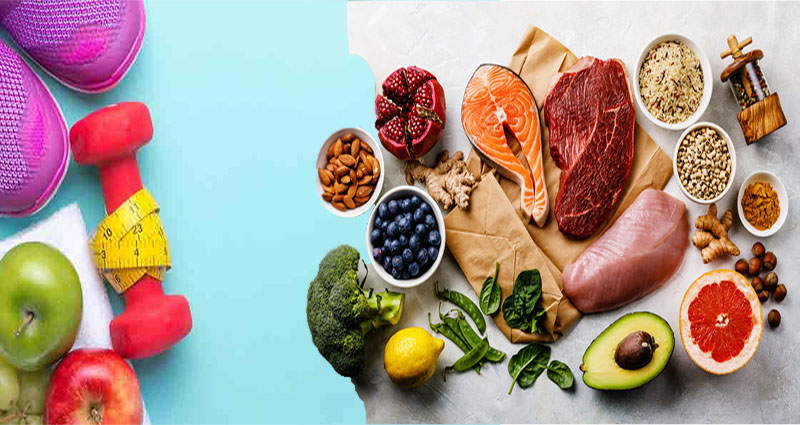Athletes’ Daily Nutritional Requirements
Athletes have special daily nutritional needs, but these can be complicated. Here are some of the basics you should know. Fats are important for everyone, but especially active muscles need fats to provide long-lasting energy. But not all fats are the same. Choose unsaturated fat, which is found in nuts and most vegetable oils. Saturated fat is found in fatty meat and dairy products like cheese and whole milk. Saturated fat slows digestion, which makes it best to avoid eating fatty foods at least a few hours before exercising.
Carbohydrates
Athletes’ carbohydrate needs depend on several factors. Their body mass, sex, total energy expenditure, and environment all determine their carbohydrate needs. If carbohydrates are the primary source of energy during intense exercise, they should consume eight to twelve grams of carbohydrate per kilogram of body weight per day. However, this number may change. Some athletes require lower carbohydrate intakes during … Read more









